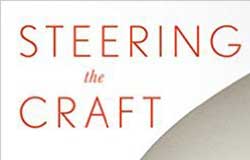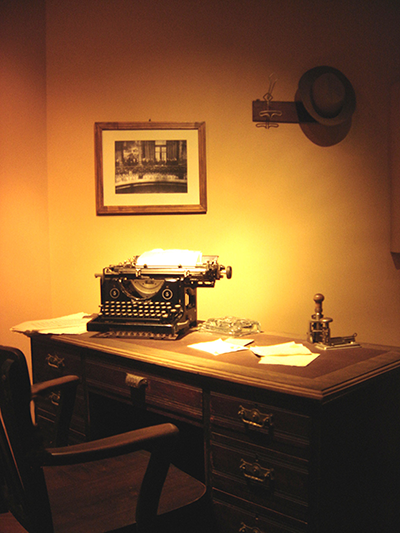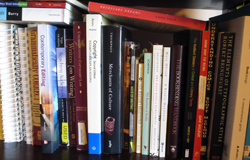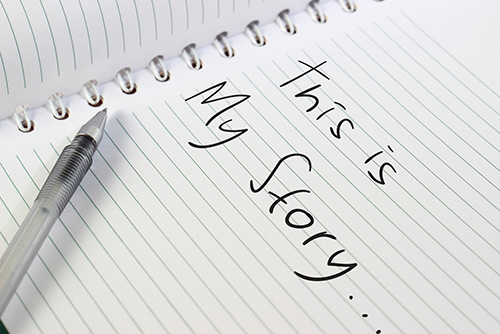Reading Your Work Aloud—a Crucial Step in Your Writing Process
As contemporary writers, we can still benefit tremendously by listening to the words we've written. In fact, reading our work aloud is an essential step in the writing process.

As contemporary writers, we can still benefit tremendously by listening to the words we've written. In fact, reading our work aloud is an essential step in the writing process.

Learn why it's important to home in on your book's core subject.

Is the internet today's primary research tool? Can it, as it did for Weir, substitute for direct experience? The answer is—yes and no.

Is your goal for 2016 to start, finish, or revise your novel? Here are three must-read recommendations for novelists.

Thousands of writers will sit down at their computers with the goal of writing a 50,000-word novel in the span of a single month.

With good dialogue, a character's words come alive on the page and connect with us. Good dialogue will keep that prospective literary agent turning the pages and the reader wanting more.

Writing is hard work, and no one knows this better than the people who do it faithfully, passionately, relentlessly, day after day. So how do they do it?
Writers come to workshops for a variety of reasons – support, alliance with other writers, to grouse about the business of publishing, and for critique. Is a workshop right for you?

Writing and publishing are more than just words on paper or in electronic files. Books often involve legal questions, marketing plans, and social media networking.

In every memoir and personal essay class I teach, one anxiety-arousing subject always comes up: How can I be sure this is true? Students ask the question. The question calls for conversation, and I usually begin that conversation with a larger question: Why are you writing a memoir?